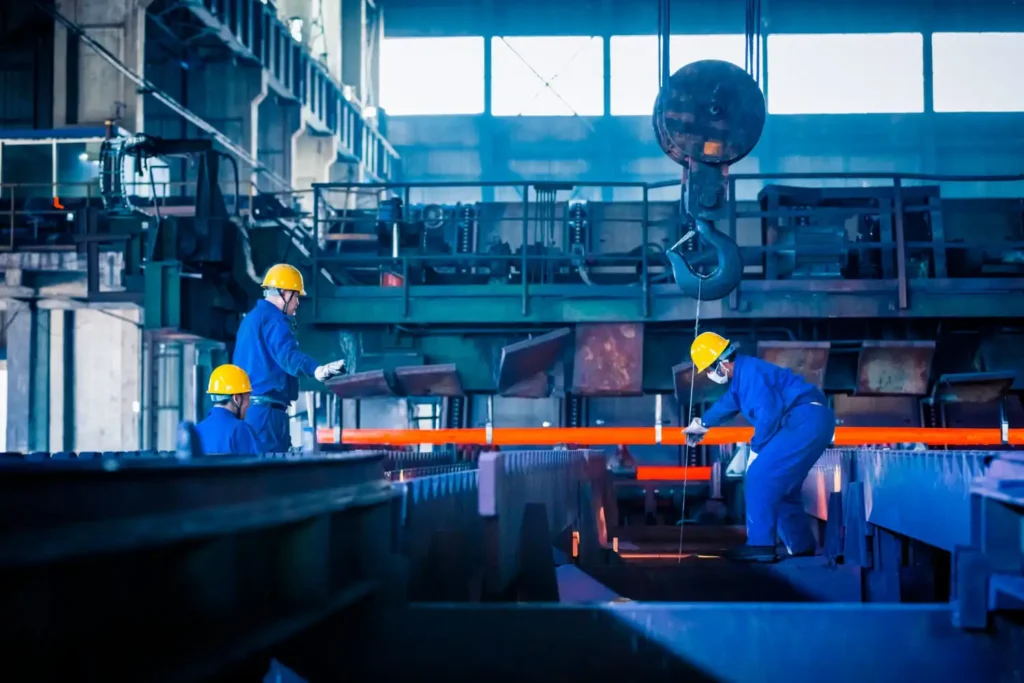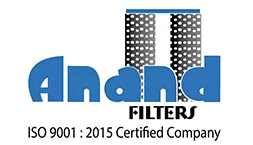
How Seasonal Changes Affect Filtration Needs in Industrial Machinery
In many industrial environments, industrial filtration systems are key to maintaining capacity, product quality, and employee safety.
The changing seasons remind us of nature’s beauty and the accompanying celebrations. However, as we enjoy some of nature’s best features, we often forget that the changing seasons can affect the quality of filtration requirements of industrial machines.
Pollens, humidity, temperature swings, and airborne contaminants change throughout the year, which can also impact the ability of your filtration system to do its job.
Understanding how seasonal maintenance for industrial filters performance is necessary for planning seasonal maintenance of industrial filters, extending equipment life, and preventing costly downtime.
Spring and Summer: Dust, Pollen, and Humidity Challenges
With the arrival of the spring and summer comes a new set of filtration challenges as the weather gets warmer and wildlife starts to come alive. The increase in weather-related events brings environmental pollutants due to increased industries as the weather warms.
Increased Airborne Particulates:
In the spring, pollen levels rise, and there is more dust in the air, especially where construction is happening or is connected to agricultural areas. Open doors and free-moving air due to ventilation and air intakes mean these small particles enter industrial spaces easily and will clog delicate apparatus, resulting in compounded quality issues in the final products if they are not sufficiently mitigated.
Filtration needs in machinery significantly rise during spring and summer in design and fabrication machinery, especially in locations where biomass processes manufacture electronics, food, or medications.
Additionally, HVAC filters in industry suffer during spring and summer due to dust or pollen entering the system. Dust or pollen accumulation on filters diminishes the quality of air and reduces system performance.
Rise in Humidity Levels:
Increased temperatures and spring rains create wet environments that encourage mold development within HVAC equipment. Humidity is also a problem during warm weather.
Condensation from wet air can ruin filter media and encourage microbiological development in filter housings. Proper filters to use should be durable against exposure to moisture in high-humidity applications.
It is essential in industrial filtration systems employed in textile or chemical industries.
Cooling System Stress:
Summertime temperatures increase the workload for industrial machinery. Blockages or improper maintenance of filters might cause cooling systems, which frequently depend on clean airflow, to overwork. This can result in inefficiency, overheating, and possible malfunctions.
This stress can be decreased in HVAC filters in industry by planning mid-season filter inspections.
Autumn and Winter: Cold Weather and Moisture Concerns
Filtration needs in machinery are modified once more as temperatures begin to decline. Condensation, fluid thickening by cold, and frost development are essential in fall and winter.
Condensation in Filter Housing:
Further condensate buildup in your portion of your system can result because your industrial filtration system cannot perform as efficiently at cold and warm temperatures. The internal components of your unit are highly susceptible to corrosion when this excess condensate is present.
Moisture can lead to either rust or corrosion in metallic components, deteriorate paper-based filters, and promote mold formation. Here, it becomes highly crucial to implement seasonal maintenance for industrial filters.
Viscosity Changes in Oils and Lubricants:
As the temperature drops, the oil in your filter will become more viscous. It is a crucial consideration because a higher oil viscosity will cause your system to be less lubricated.
Therefore, your system will need to exert more effort and consume more energy to function. If this weather-induced lubricant loss persists, your motor’s lifespan may be shortened.
Restricted Airflow and Frost Accumulation:
Freezing from cold air on filters or ducting in exposed or poorly insulated buildings will occur. With airflow constricted by freezing, systems will need to work harder and use more energy. Frozen filter collapse or burst may lead to system failure in extreme circumstances.
Adapting Your Filtration Strategy by Season
Preparing your industrial filtration systems for seasonal swings is not only excellent practice but also necessary for long-term functioning. By taking a proactive approach to inspection, replacement, and maintenance, you can prevent possible failures.
Seasonal Filter Replacement Schedules
A seasonal replacement schedule is one of the best strategies to handle filtration requirements in machinery all year long. For example:
- The filters are changed more often because of the dust, pollen, and humidity.
- Check filters for frost or moisture damage and replace them as necessary.
Choosing Filter Media Based on Weather
For industrial application, choosing the right kind of filter media is essential to achieving the best results and efficiency. Given the abundance of options on the market, understanding the properties of various media and their potential advantages in various applications is crucial.
- Using a synthetic or antimicrobial filter helps prevent mold and moisture buildup.
- Use frost-resistant filters which can perform with reduced fluid flow.
Inspections and Maintenance Routines
For industrial filters to have effective seasonal maintenance, regular inspections are essential. By implementing seasonal or quarterly checkups, repair teams can:
- Determine whether the filters are saturated, damaged, or clogged.
- Keep an eye on variations in pressure differentials.
- Evaluate the system’s overall performance.
Conclusion
From higher airborne particulates in spring to freezing and viscosity of fluids issues in winter, seasonal weather conditions may considerably impact industrial filtration systems. Plants that use a single-size-fits-all solution risk losing production, equipment malfunction, and higher operating expenses.
The company can implement more sophisticated methods, including on-time filter replacement, weather-conditioned filter media, and regular maintenance schedules, by acknowledging how seasons affect machine filtration needs.
For assured seasonal maintenance of your industrial filtration systems, count on Anand Filters for maximum year-round performance.

